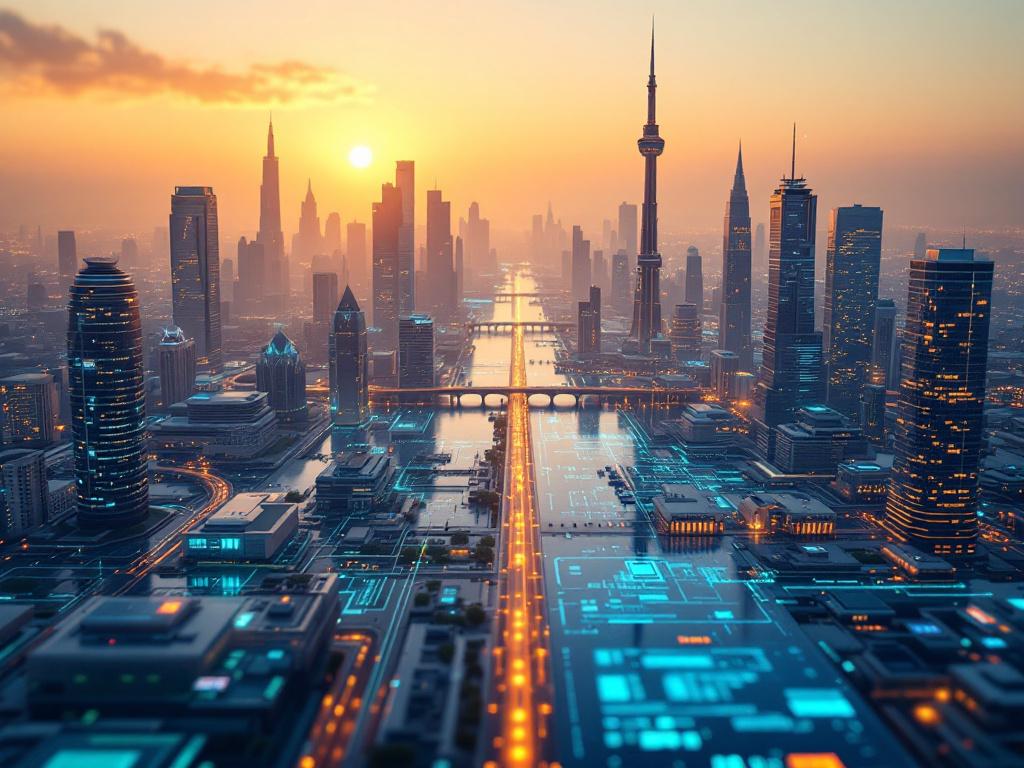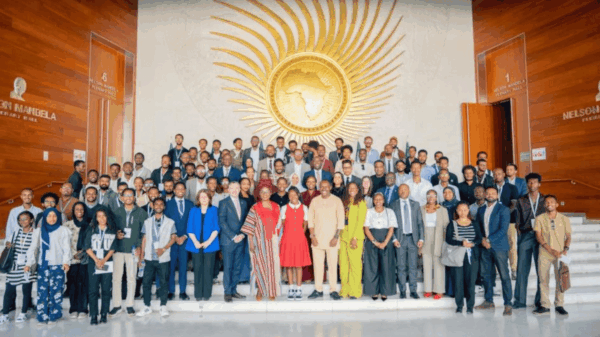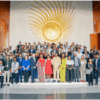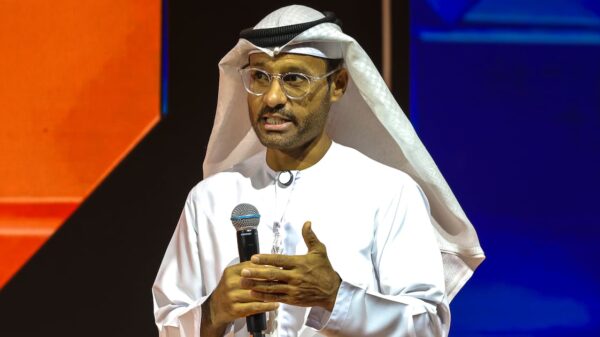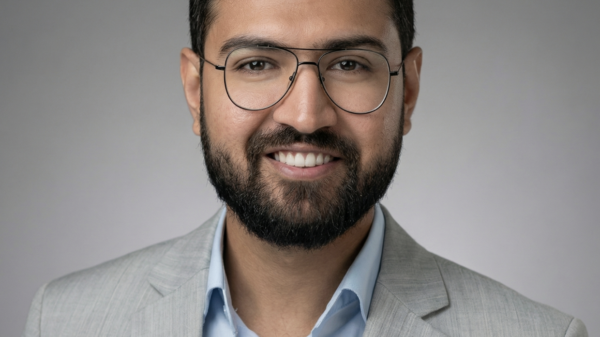At the recent G20 leaders’ summit held in Johannesburg, the United Arab Emirates (UAE) rolled out an ambitious $1 billion initiative titled ‘AI for Development,’ aimed at significantly enhancing artificial intelligence infrastructure throughout Africa. This announcement, made on November 22, 2025, by UAE Minister of State Saeed Bin Mubarak Al Hajeri, seeks to provide essential resources such as computing power, technical expertise, and strategic partnerships to address critical challenges in sectors like education, agriculture, healthcare, digital identity, and climate adaptation.
The UAE, which currently ranks second globally in AI capability, according to The National, is leveraging its existing resources, which include 188,000 AI chips and a power capacity of 6.4 gigawatts, to extend its influence into the African continent. This initiative comes at a crucial time when Africa is struggling with a significant AI infrastructure gap. Despite having a young, tech-savvy population, the continent faces challenges including limited internet access—only 43% internet penetration, as reported by the World Bank—and inadequate high-performance computing capabilities.
Addressing Africa’s AI Challenges
The UAE’s initiative aims to fill the void left by Africa’s digital divide by not only supplying hardware but also offering tailored AI services to meet local needs. For instance, solutions could include precision farming techniques in drought-prone areas and AI-driven diagnostics in understaffed healthcare facilities. Reports from Bloomberg highlight how this move could enhance the UAE’s influence on the continent, paralleling earlier agreements such as a $1 billion deal with Ghana for Africa’s largest AI hub in Ningo-Prampram, which is set to host major companies like Microsoft and Meta by 2026.
During the summit, Al Hajeri emphasized the importance of partnerships over mere aid, stating, “The initiative will provide access to AI computing power, technical expertise, and global partnerships,” as reported by The National. This philosophy aligns with the UAE’s pre-existing collaborations, such as its partnership with OpenAI and Oracle for deploying 1.4 million GB200 chips in Abu Dhabi, technology that is now being considered for export to Africa.
The UAE’s Strategic Push in AI
The UAE’s burgeoning AI sector is not coincidental. A 2025 study by TRG Datacenters places the UAE just behind the U.S. in AI investments, a boost fueled by partnerships like G42’s $1.5 billion alliance with Microsoft. The Times of India has documented the launch’s implications for growth across various African sectors. However, sentiment on social media platform X has been mixed, with some users, like @whale_insight, expressing optimism about technology adoption while raising concerns over sustainability in light of frequent power shortages.
While specific countries and timelines for the initiative remain unannounced, the UAE has a history of similar projects, such as its $100 million African health fund and Nigeria’s Starlink deal. Industry experts interpret this initiative as a counterbalance to China’s Belt and Road Initiative in AI, providing ‘sovereign-grade’ technology that is less likely to come with geopolitical strings attached.
Sector-Specific Impacts and Geopolitical Ramifications
The potential impacts of this initiative are significant. For agriculture, where approximately 60% of Africans rely on farming, AI could be instrumental in optimizing crop yields. Climate-adaptive models are critical given the current challenges posed by climate change. In healthcare, AI could introduce triage tools, while the education sector could benefit from personalized learning systems, especially in light of teacher shortages. Initiatives aimed at digital identification would also be essential in addressing the financial exclusion of around 500 million unbanked individuals in Africa, reflecting the UAE’s own interests in Worldcoin-like biometric systems.
The geopolitical landscape is indeed complex, with the UAE competing against initiatives like Saudi Arabia’s Neom and the investments of U.S. tech giants in Africa. Given the continent’s rich deposits of crucial minerals like cobalt and lithium, Africa is being positioned as the next frontier in AI technology. The Express Tribune has referred to this initiative as a significant boost for education and healthcare on the continent, but challenges remain. Political instability, energy deficits—estimated at a need for 300GW more by 2030—and talent drain could impede progress.
Nevertheless, the investment model appears robust, with expectations of a blend of UAE sovereign wealth and private capital. The initiative is expected to focus on measurable outcomes, including the deployment of gigawatts, job creation, and projected GDP growth modeled at 5-10% in pilot programs. As the G20 summit concludes, all eyes are on the execution of this ambitious plan. Al Hajeri’s vision encapsulates the goal: “Supporting African countries in delivering projects,” a sentiment echoed in The Daily Star. For many in the industry, this $1 billion investment marks a pivotal moment in shaping Africa’s AI future.
 Meta Rehires Engineer Devang Sharma Three Years After Layoff, Embracing AI Innovations
Meta Rehires Engineer Devang Sharma Three Years After Layoff, Embracing AI Innovations Nvidia Reports 62% Revenue Growth; AMD Surpasses Q3 Estimates with 36% Increase
Nvidia Reports 62% Revenue Growth; AMD Surpasses Q3 Estimates with 36% Increase Nokia Joins Open Compute Project as Platinum Member to Enhance AI Data Centers
Nokia Joins Open Compute Project as Platinum Member to Enhance AI Data Centers Bae Jae-kyu Advocates Long-Term Tech ETF Investments Amid AI Bubble Concerns
Bae Jae-kyu Advocates Long-Term Tech ETF Investments Amid AI Bubble Concerns















































